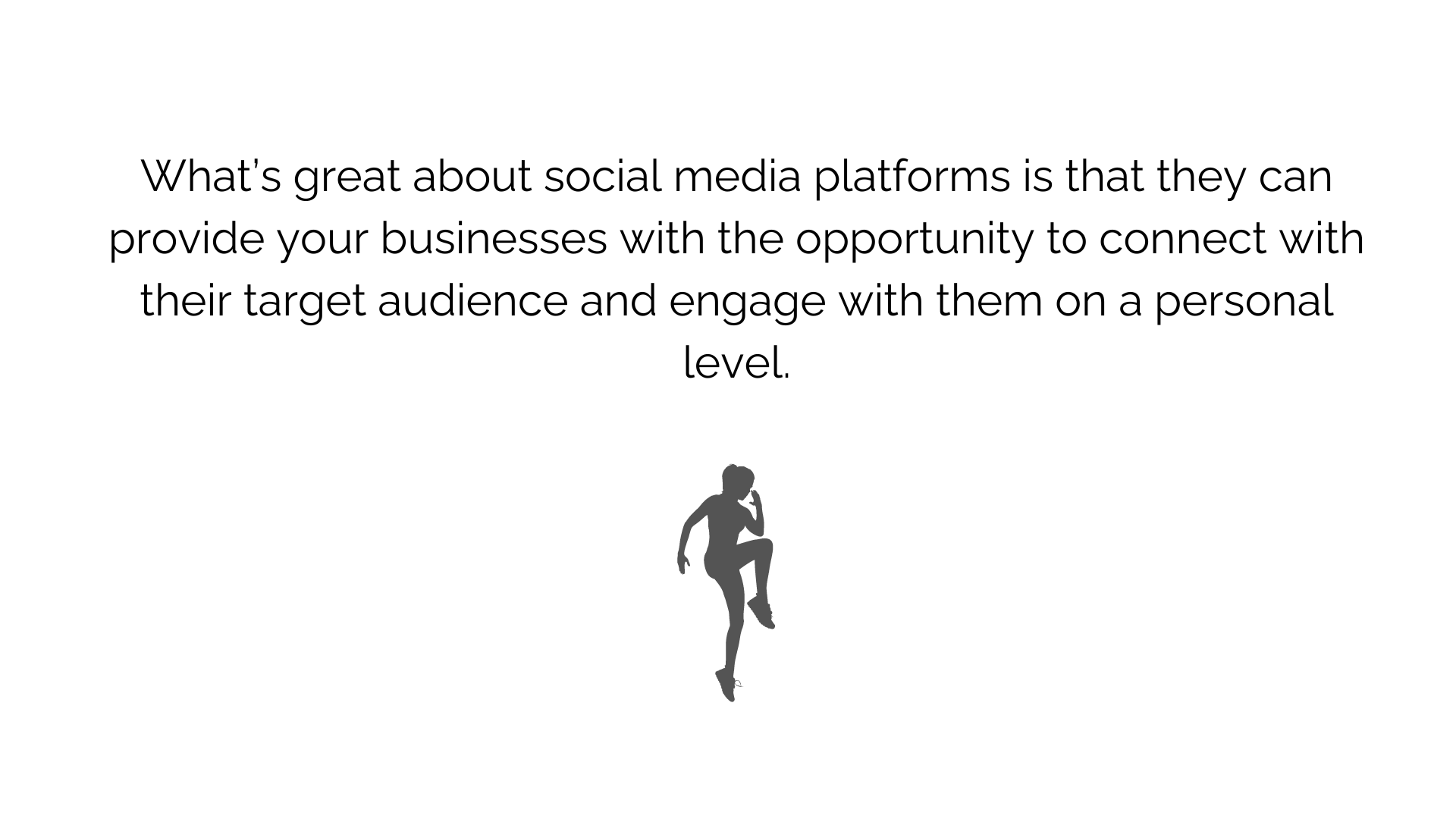Social Media & The Role of SEO

You already know that social media platforms are an invaluable tool for businesses and marketers to promote their products and services, but do you know how to optimise your social media for SEO?
Today I’m going to show you how you can improve your brand awareness, drive traffic to a website, and most importantly, improve search engine rankings.
SEO Can Help You Drive Traffic to Your Website
When it comes to search engine optimisation, social media plays a BIG role in boosting visibility and rankings on search engines.
Platforms like Facebook, Twitter, and Instagram allow businesses to create profiles and share content that can be indexed by search engines. That’s why you have to consistently post fresh and relevant content to attract backlinks from other websites, which in turn can boost your search engine visibility.
Keyword Research is Vital For Driving Traffic
As a business owner, it's important to understand the role that keywords play in SEO and copywriting. These two elements are vital for driving traffic to your website, increasing engagement and conversions, and ultimately, growing your business.
When it comes to search engine optimisation, keywords are the backbone of your online presence. They help search engines understand the relevance and value of your website's content and match it with the search queries of users.
The more relevant your keywords are to the user's query, the higher your website will rank in the search results.
And let's face it, as a business owner, you want to be at the top of the search results, right?
The key to effective keyword usage in SEO is research.
The Importance of Research
Before you can optimise your website's content, meta tags, and URLs, you need to identify the keywords and phrases that are relevant to your business and that are commonly used by your target audience.
There are a plethora of keyword research tools available online, such as Google Keyword Planner, SEMrush, and Ahrefs. These tools can help you identify the keywords and phrases that are most relevant to your business and target audience.
Once you have identified the keywords, you can use them to optimise your website's content, meta tags, and URLs.
Keyword Stuffing Doesn’t Work
It's important to keep in mind that using too many keywords, also known as keyword stuffing, can hurt your website's search engine ranking.
What’s great about social media platforms is that they can provide your businesses with the opportunity to connect with their target audience and engage with them on a personal level.
So make sure that you’re using keywords naturally in your copy, and you'll be able to improve your website's search engine ranking without risking penalties from search engines.
It's also important to use long-tail keywords in your copywriting. These are more specific and longer phrases that users might use in their search queries. Using long-tail keywords can help drive more targeted traffic to your website, as they are often less competitive than shorter keywords.
Use Those Meta Tags
Lastly, don’t forget meta tags, such as the title tag and meta description, using relevant keywords. This will help improve your website's visibility in the search engine results pages (SERPs) and make it more likely that users will click through to your website.
Remember, always keep the user's intent in mind, and use keywords in context, this will help to improve the user's experience and in turn, improve your website's search engine ranking.
If you can learn how to do all of this effectively, you'll be well on your way to driving more traffic and revenue to your business.
Ready to transform your SEO and see real results?
I’m here to help you implement these game-changing SEO tactics in your business.
Post a comment